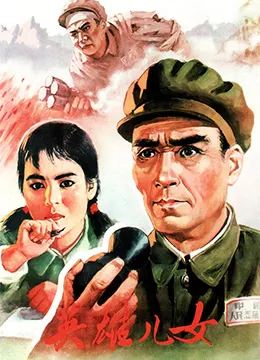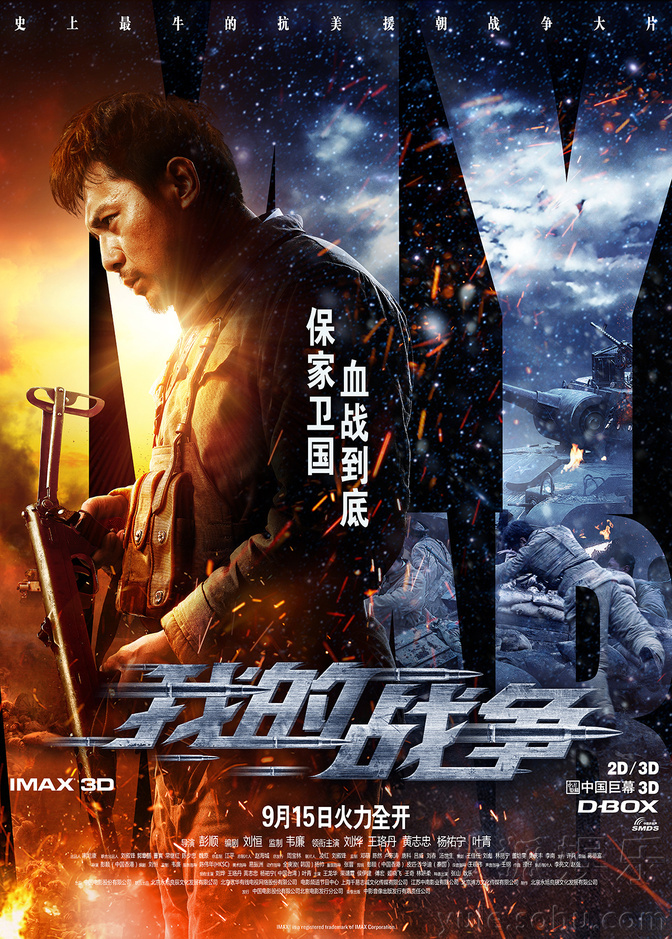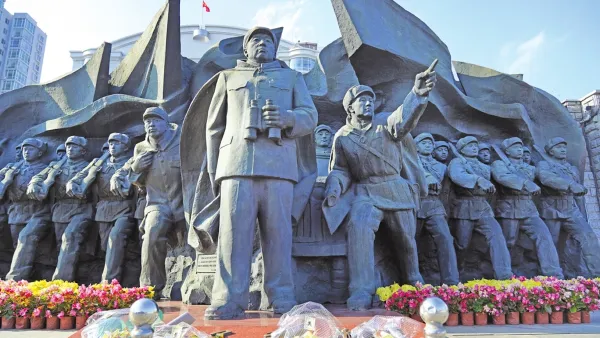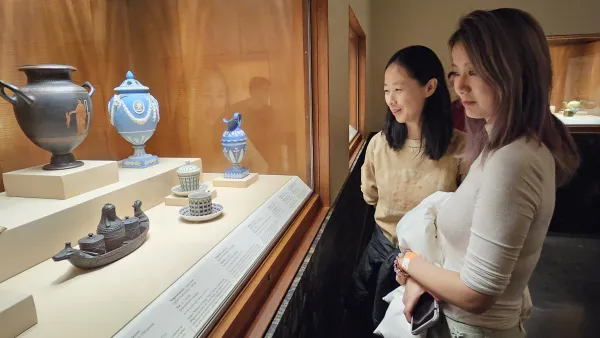By examining the Chinese film industry’s long relationship with the Korean War, Zhao Ma’s current book project reveals the power of movies to shape historical memory.

If the Korean War is America’s forgotten war, it is China’s most remembered conflict – thanks in large part to movies. Zhao Ma, associate professor of modern Chinese history, is writing a book about the Chinese film industry’s insistence that the Korean War should never be forgotten.
The conflict in Korea was the first international war fought by the newly established People’s Republic of China. When the war broke out in 1950, the country was in a revolutionary moment. Under Mao Zedong, it saw itself as a global revolutionary force in the effort to overthrow the capitalist world system. Following the war, movies about the conflict continued to shape the idea of China as a global power remaking the world.
The Chinese government has always closely controlled the production and content of films made in China. Ma notes that film, in general, is important to propaganda because it humanizes abstract political ideas, reframing them as emotional stories that ordinary people can comprehend.
In the 25 years following the armistice, China released a new film about the war every few years. These films reveal both how the country’s memory of the war was forged and provide an unusual example of interactions between popular memory and the government’s efforts to shape it.

Heroic Sons and Daughters (1964) is typical of the movies produced in China during this period. Adapted from a novel written by a Ba Jin, a Chinese writer and political activist, the film focuses on the interaction between Chinese soldiers and North Korean civilians. The soldiers heroically protect Korean lives and property, saving the lives of the elderly and children. The film translates the communist internationalist mission of China helping a younger, weaker socialist ally into a story about Chinese soldiers coming to the rescue of ordinary Korean people.
After Mao’s death in 1976, the country began to shift away from socialism and open relations with the West. Along with the new direction in foreign policy came a decrease in the number of films about the Korean War. China no longer positioned itself as a leader on the international socialist scene, and the war lost its ideological significance. Fourteen films were released in Mao’s era after the war (1953–76), five in the 80s and 90s, and just one after 2000 — 2016's My War.
My War reveals a more modern, commercial approach to the Chinese film industry's interpretation of the Korean War. It was co-produced by American and Chinese production companies and looks more like a western war movie than many of the previous films about the conflict. The earlier propaganda films' focus on the North Korean people is gone. Only one North Korean is depicted in a movie set in Korea: a guide who appears for a brief moment, his back to the camera. Ahead of the movie's release, the government produced a short film to create excitement, bringing to South Korea dozens of Chinese socialist film stars that had participated in the war or made propaganda films. When they arrived, their South Korean tour guide welcomed them, to which some of the guests responded that they had been there before, only in tanks.

The promo was poorly received on social media in China, highlighting the gap between how the public remembered the war and how the government wanted to shape that legacy. By the release of My War, the public response to commercial films had become more open because of social media, which was not entirely under the control of the government. For the first time, Ma says, scholars had a glimpse into how the public responded to a film about the war without the government censoring that response.
Recent events have sparked renewed interest in the Korean War. Since the beginning of the trade war between China and the United States spearheaded by President Donald Trump, the Chinese film industry has released one commercial film about the Korean War, with two more in production. In addition, China Central Television released three documentaries about the Korean War in 2020 — all in October.
“For about 20 years, the Korean War had also become a forgotten war in China. The ideological meaning of fighting this war was gone,” Ma explained. “As the trade war with the United States heated up, however, it was reframed as a war about national security.”
According to Ma, these new films revive a seemingly forgotten memory for new purposes. They recast the war as the first moment when the country asserted its interests, not against an idea, but against the United States. The government underscored this idea by unveiling two national memorials to the Korean War in 2020. Xi Jinping also gave a one-hour speech about the war in the Great Hall of the People, televised at the same time as the U.S. presidential debate at Belmont University.
As a field, memory studies has rarely moved its attention to China, and scholarship about China’s role in the Korean War is often about geopolitics rather than cultural memory. By researching the Chinese film industry and its relationship to film-goers, Ma hopes to contribute to war memory as an international history project.
“How the Chinese government and its people remember and then forget the war offers clues about what happened in North Korea and why,” Ma said. “Countries can move forward by reconciling their memories of shared traumatic moments in history. By focusing on how the memory of the Korean War has changed over time in China, I hope to reveal that process of reconciliation as it happens.”


